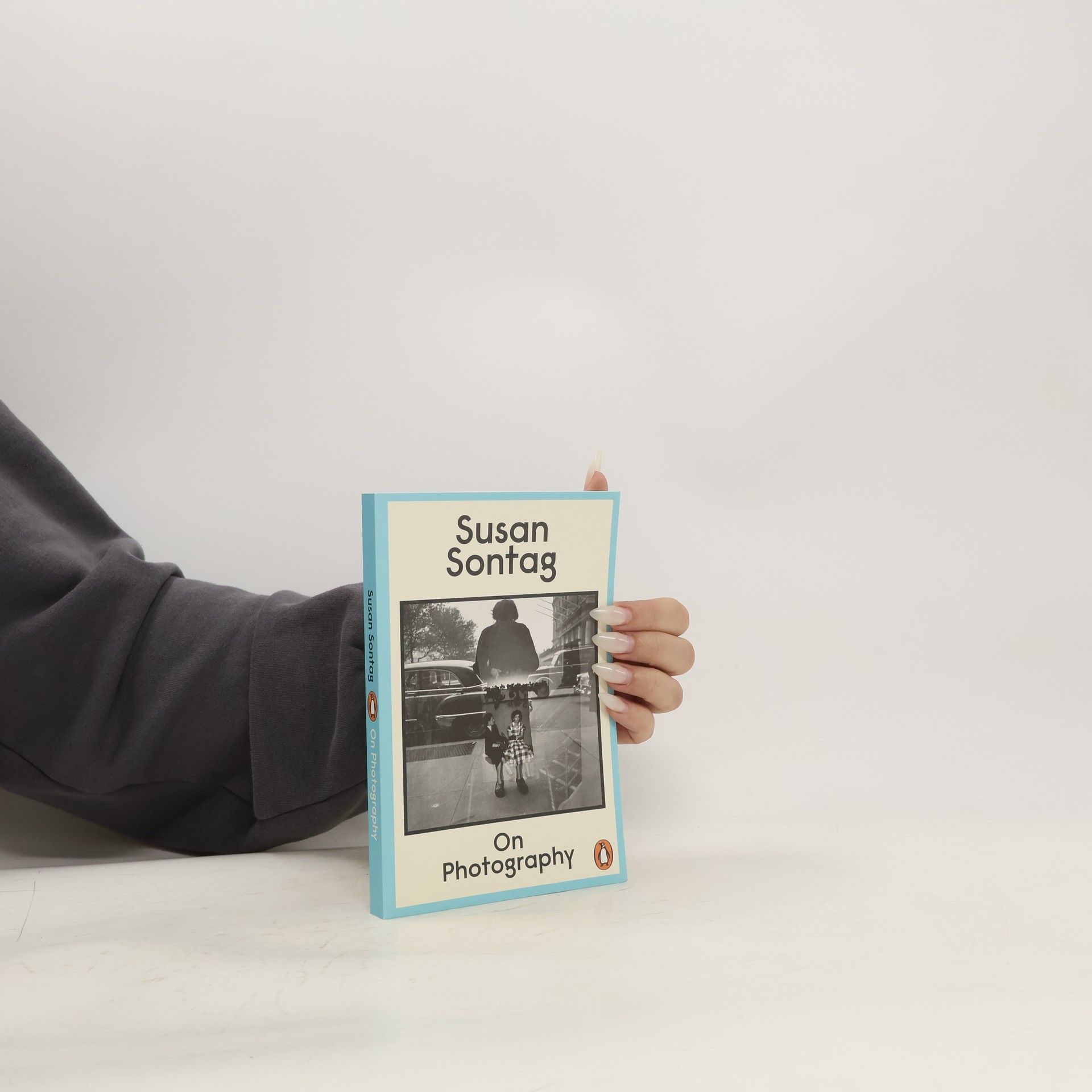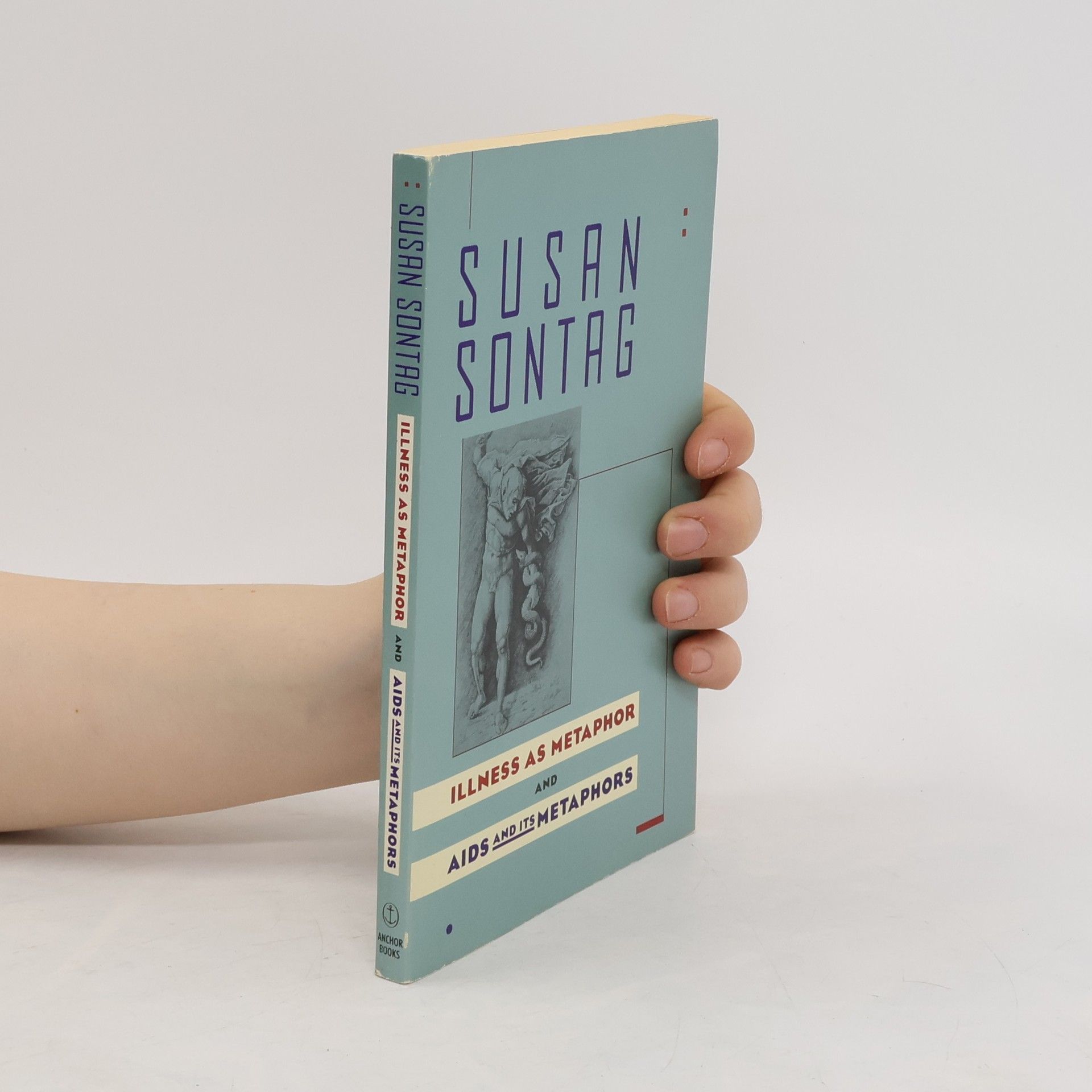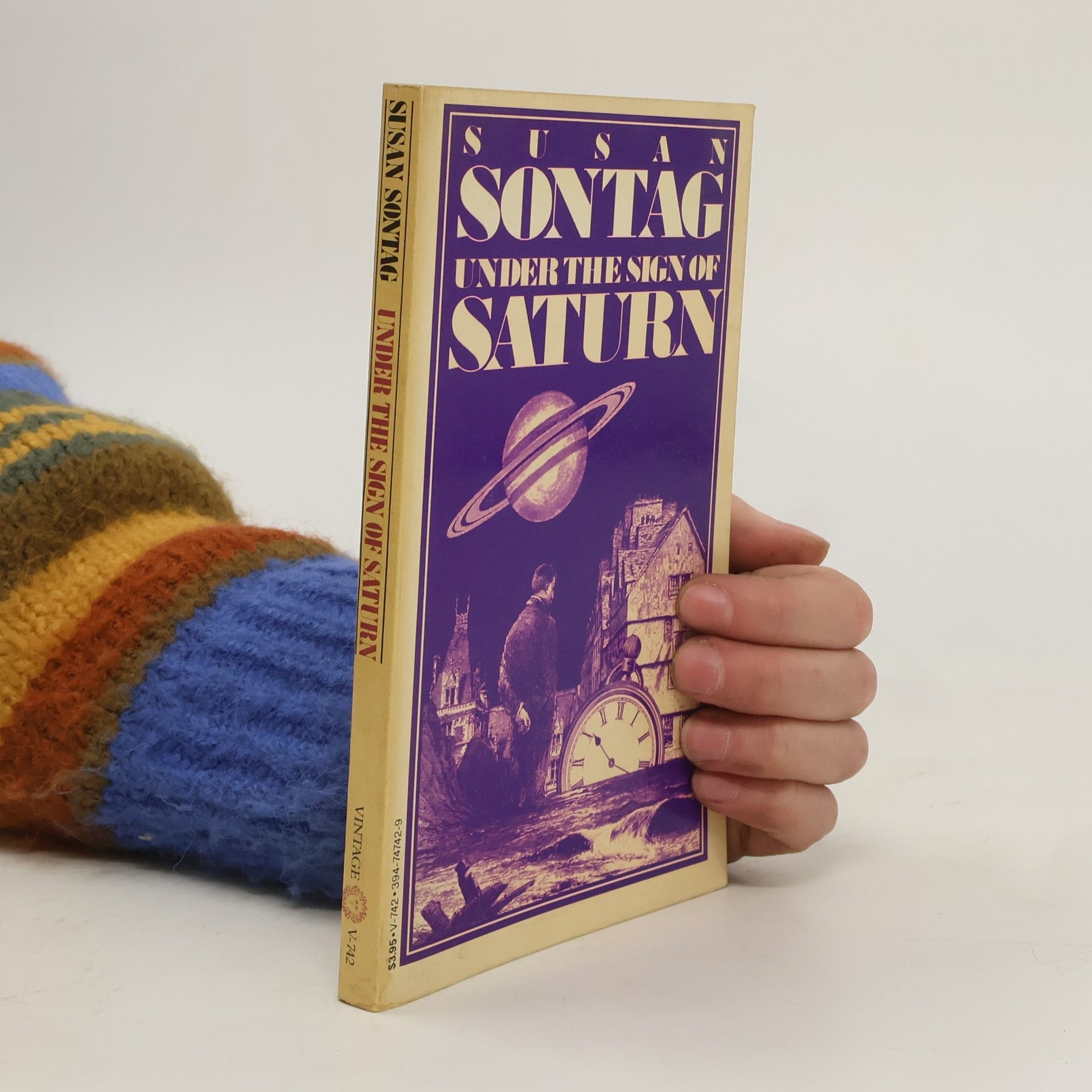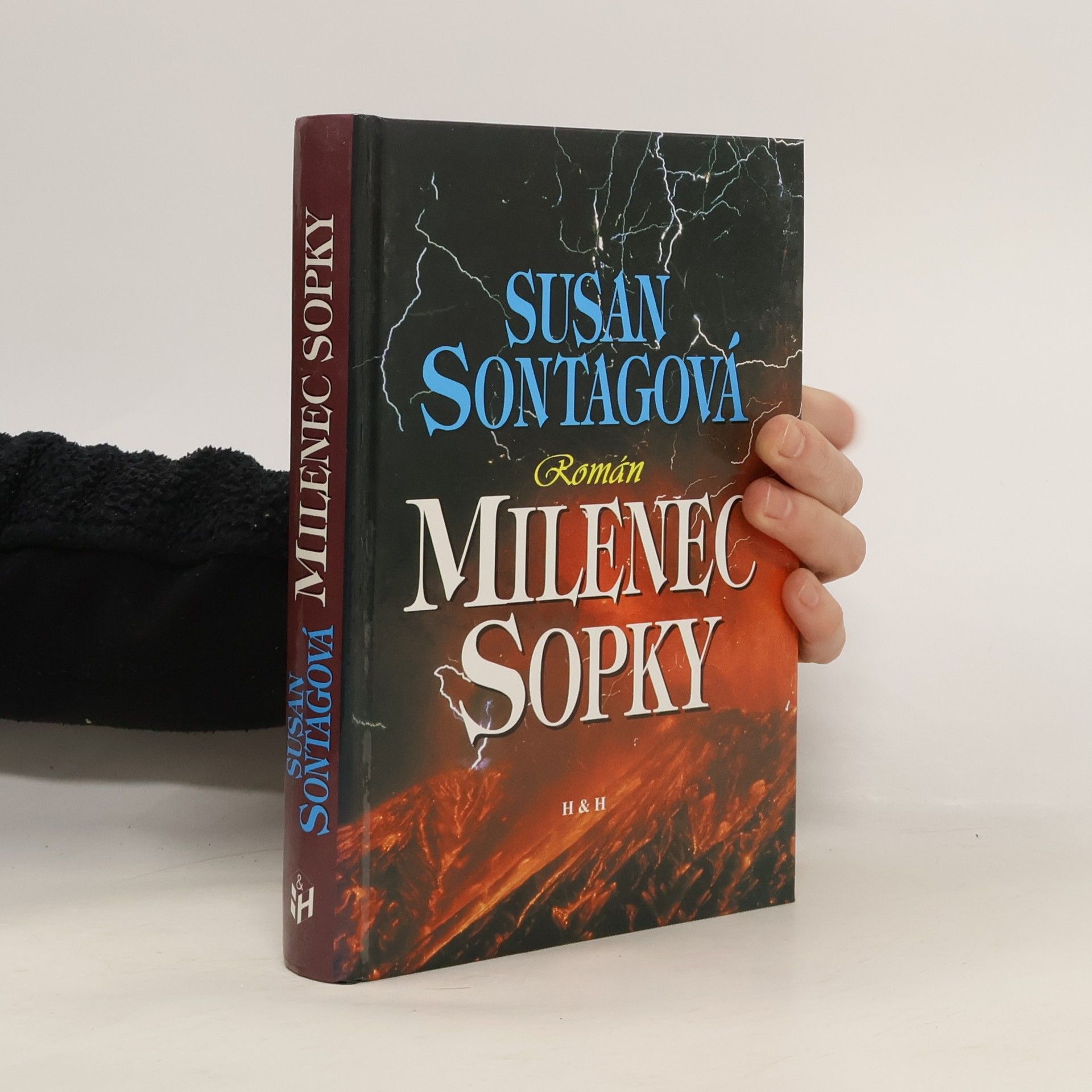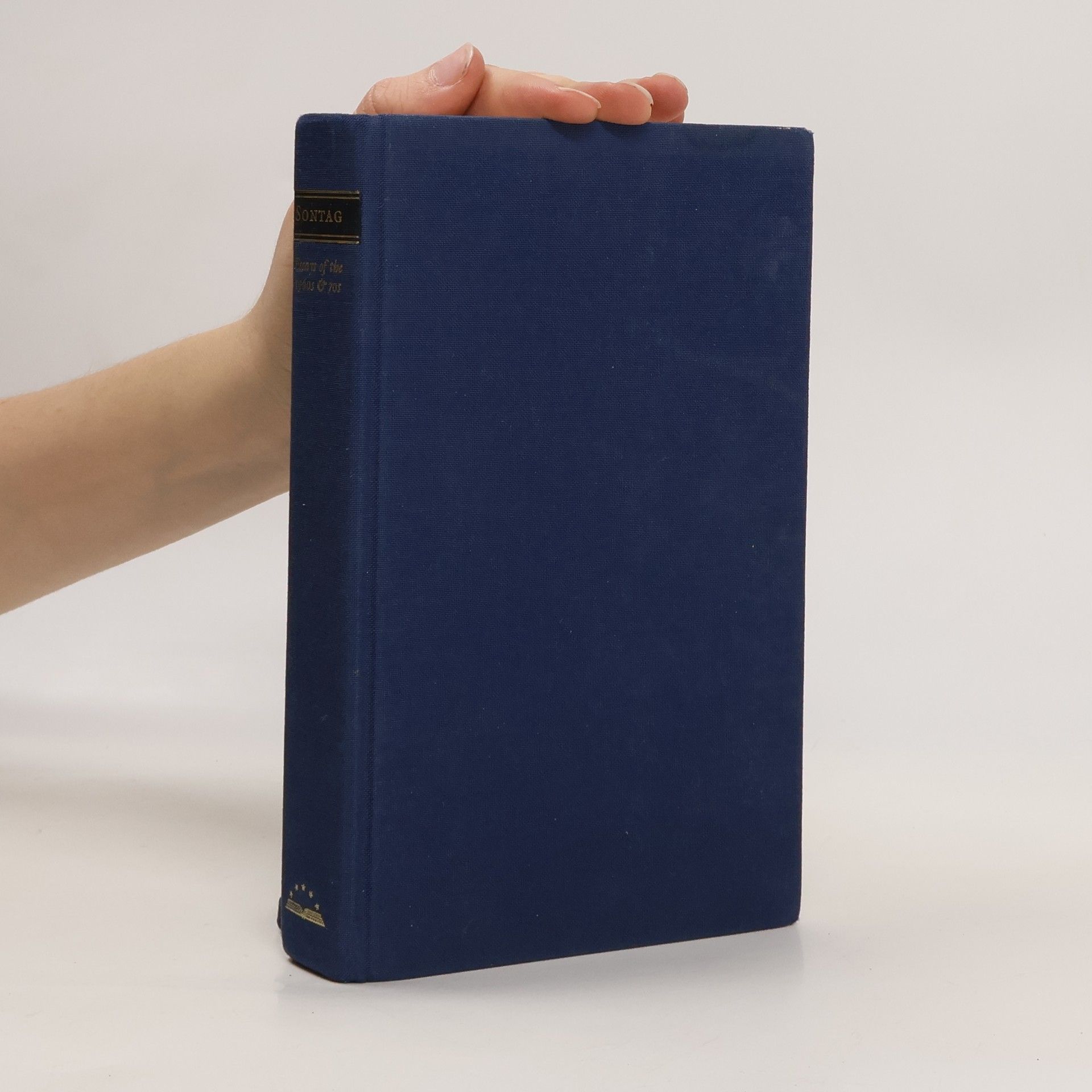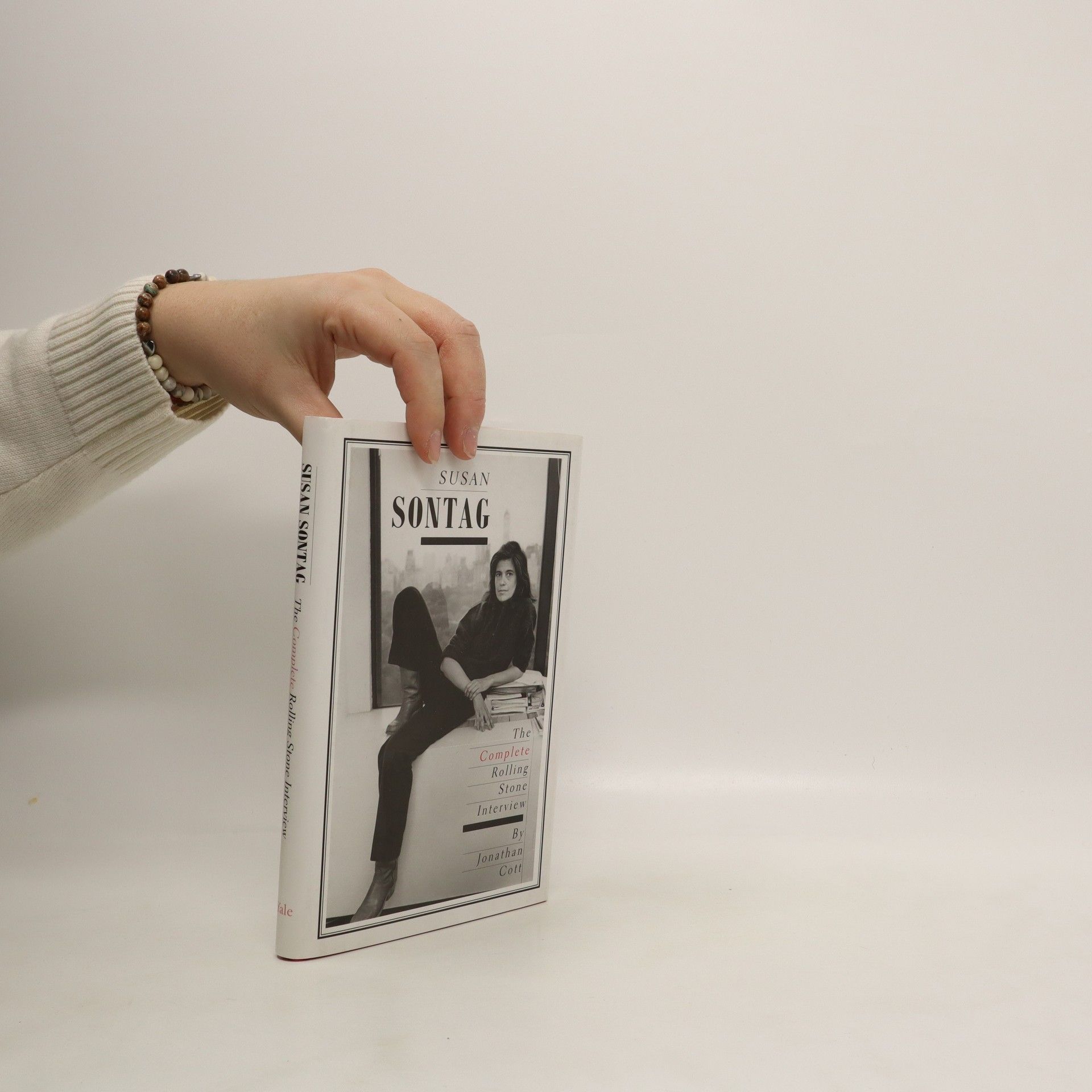Milenec sopky
- 364 stránok
- 13 hodin čítania
Autorka známa čitateľom zatiaľ skôr ako prenikavá esejistka a kritička rozohráva na širokom plátne svoje historické romance osudové dráma Williama Hamiltona, jeho ženy Emmy a admirála Nelsona na farbisto zachytenom pozadí Neapola závere 18. storočia. Príbeh citovo chladného aristokrata a diplomata, vášnivého zberateľa umenia a amatérskeho prírodovedca, jeho mladé druhej ženy a jej ambiciózneho a krutosti sa nestranícího milenca nezaprie autorkino bohaté myšlienkové zázemie, určite však zaujme svojou nápaditosťou, plastickosťou, zmyslom pre humor a iróniu i nezabudnuteľným panoptikum farbisto vykreslených postáv.


